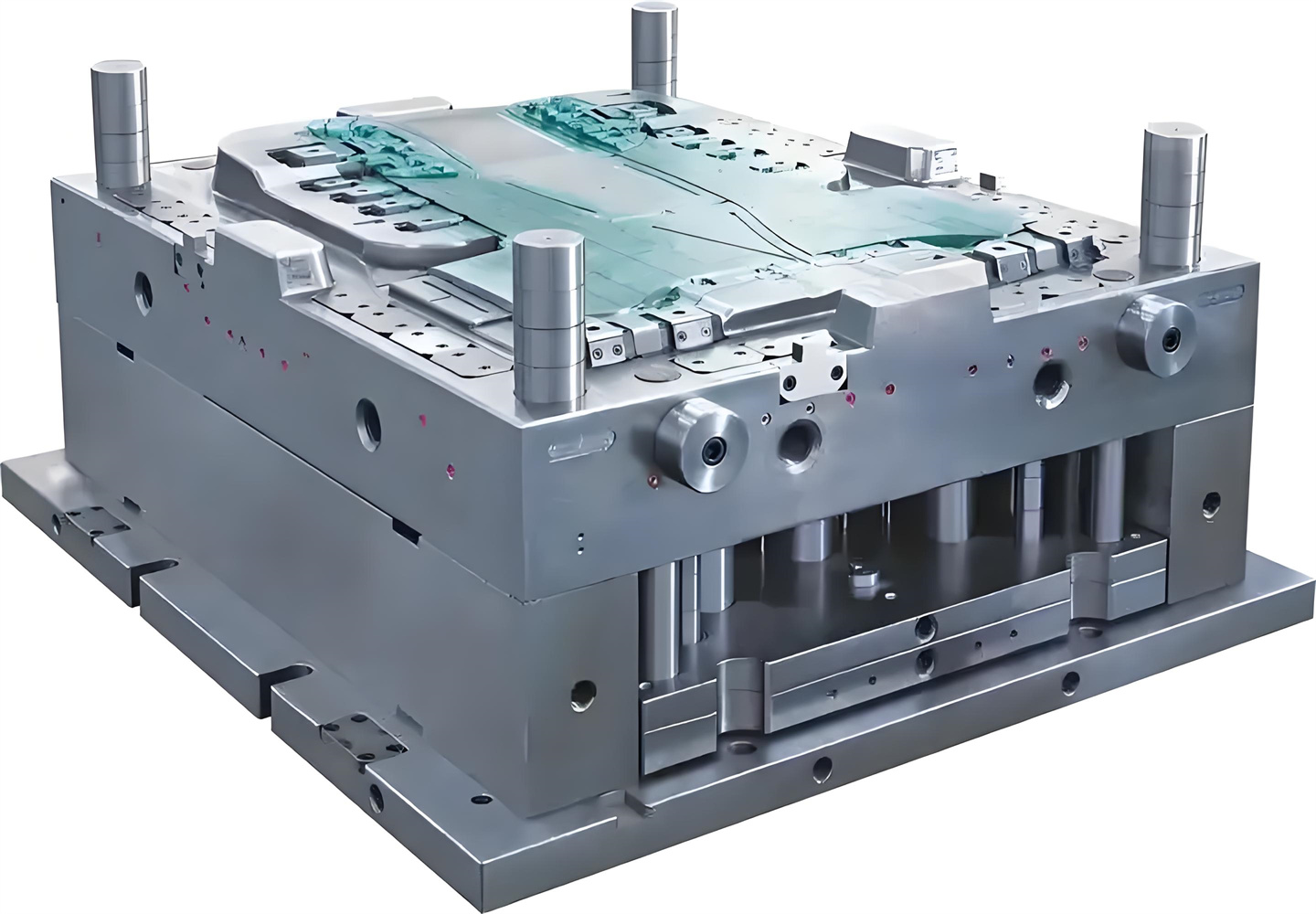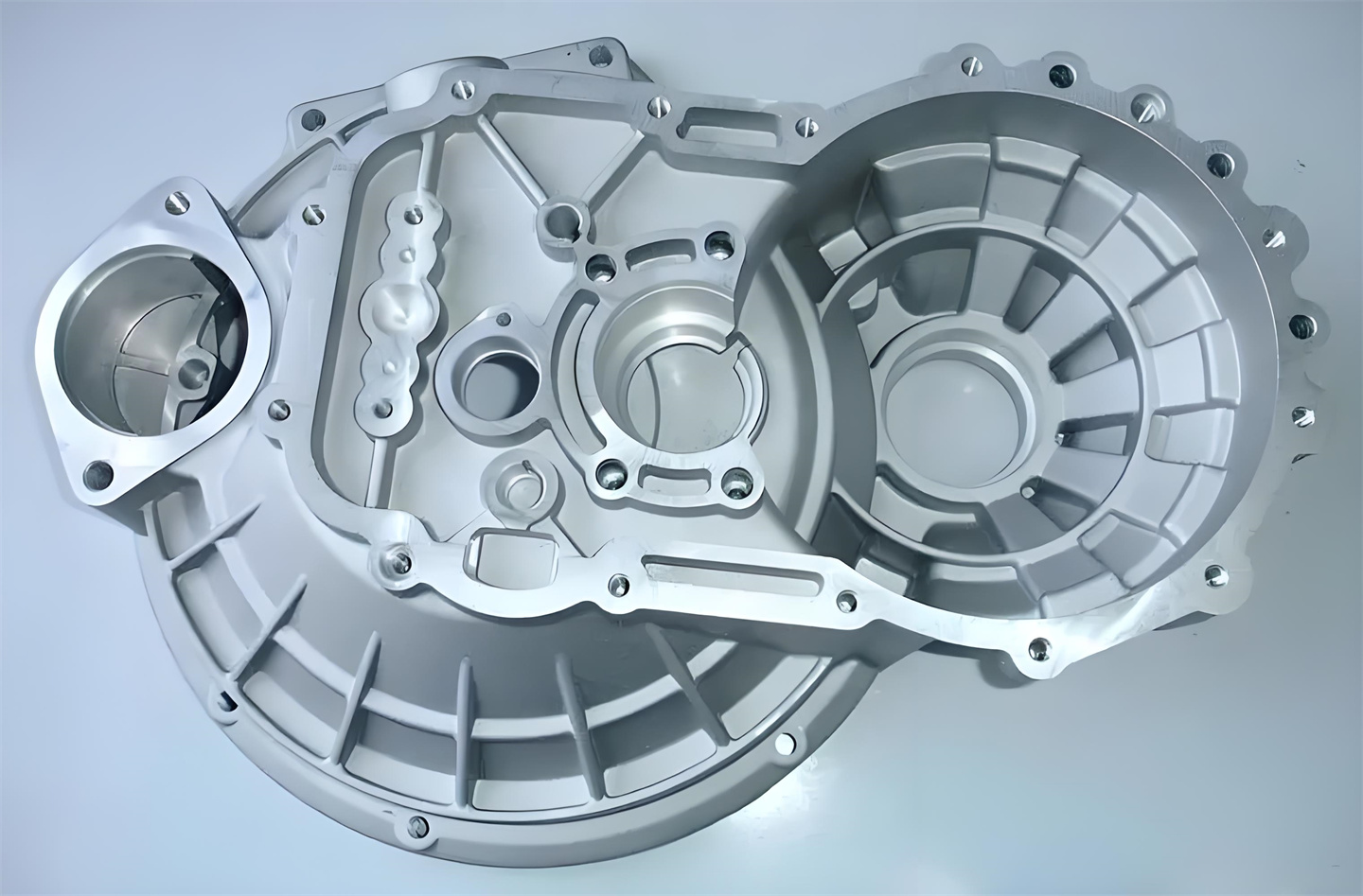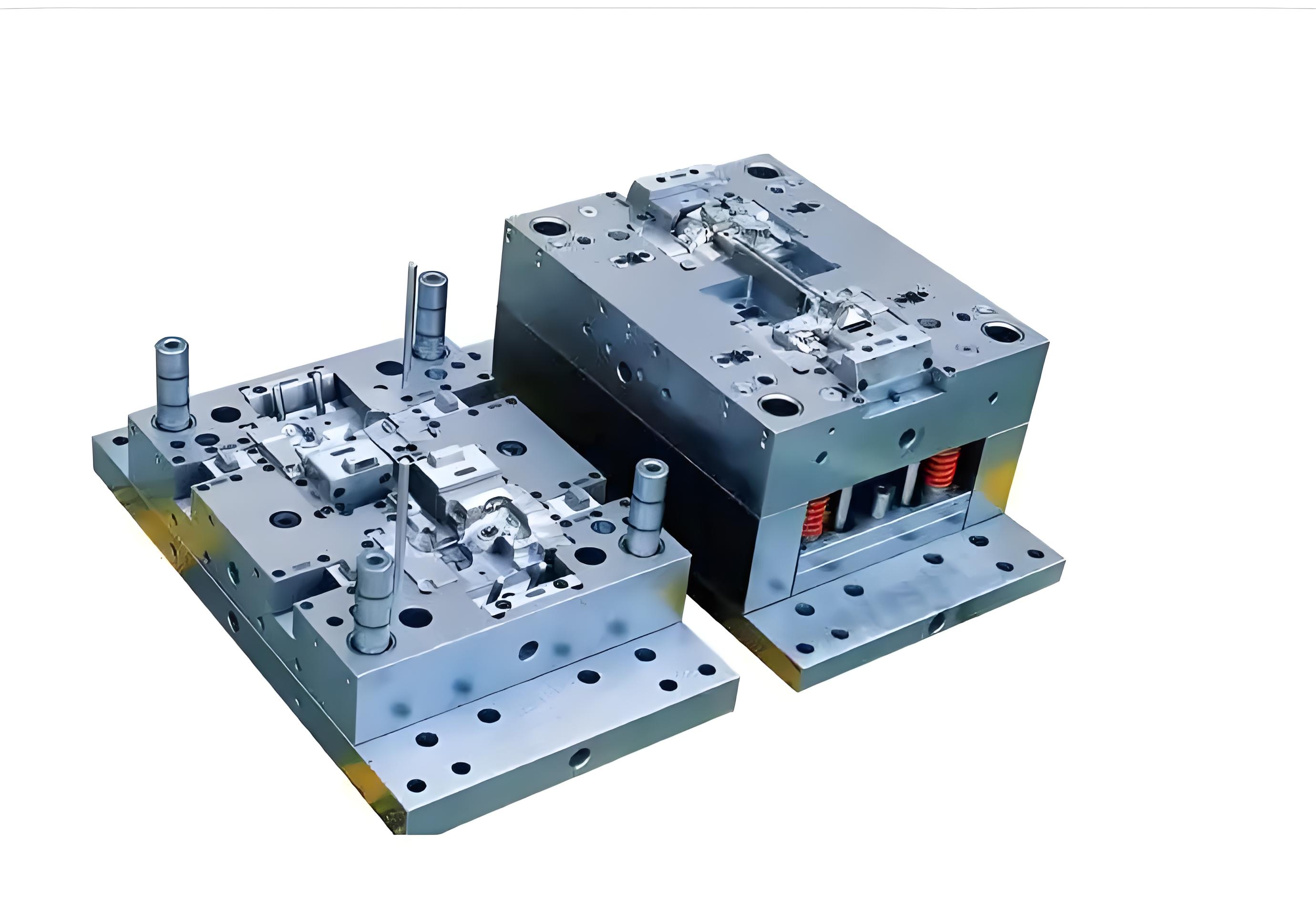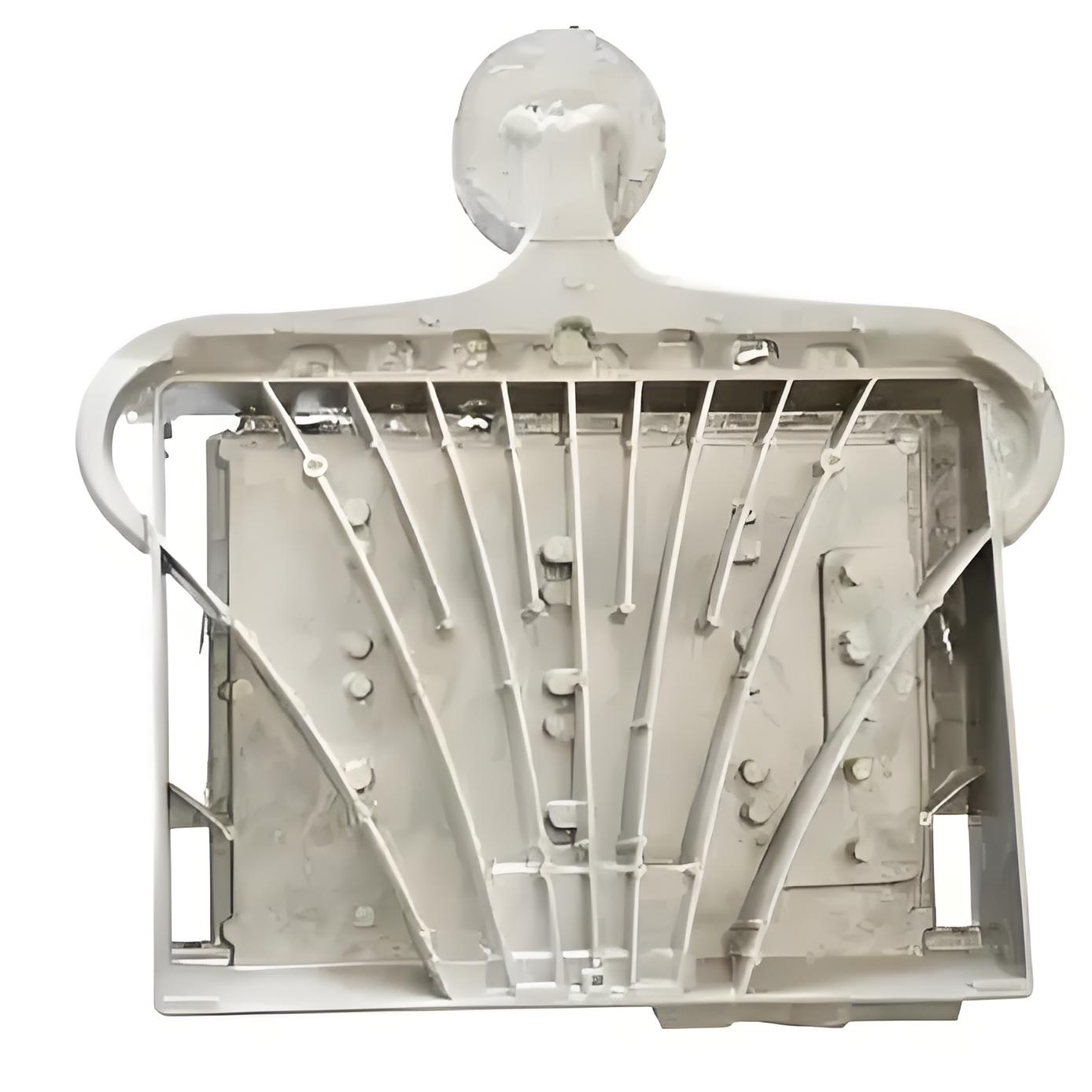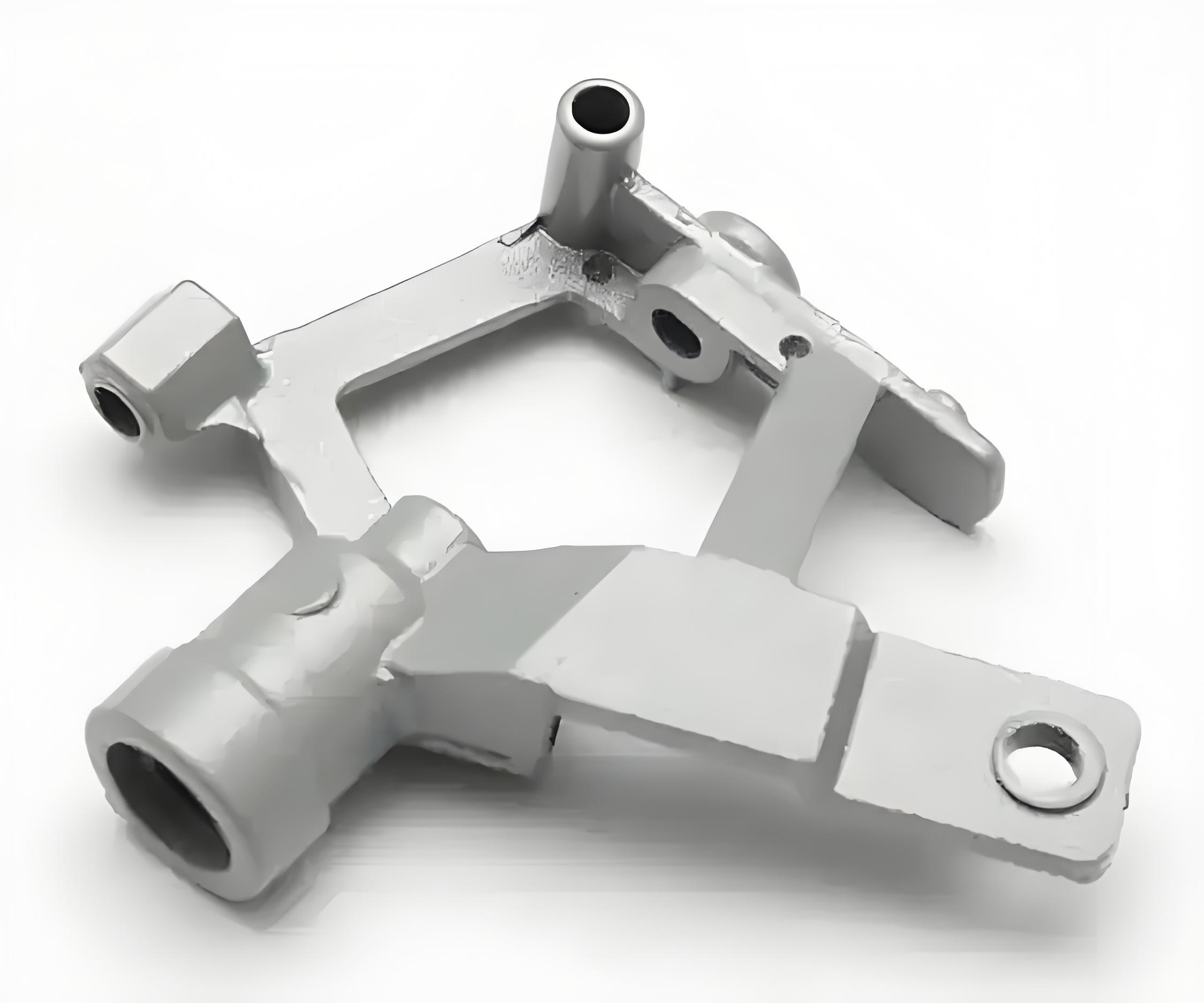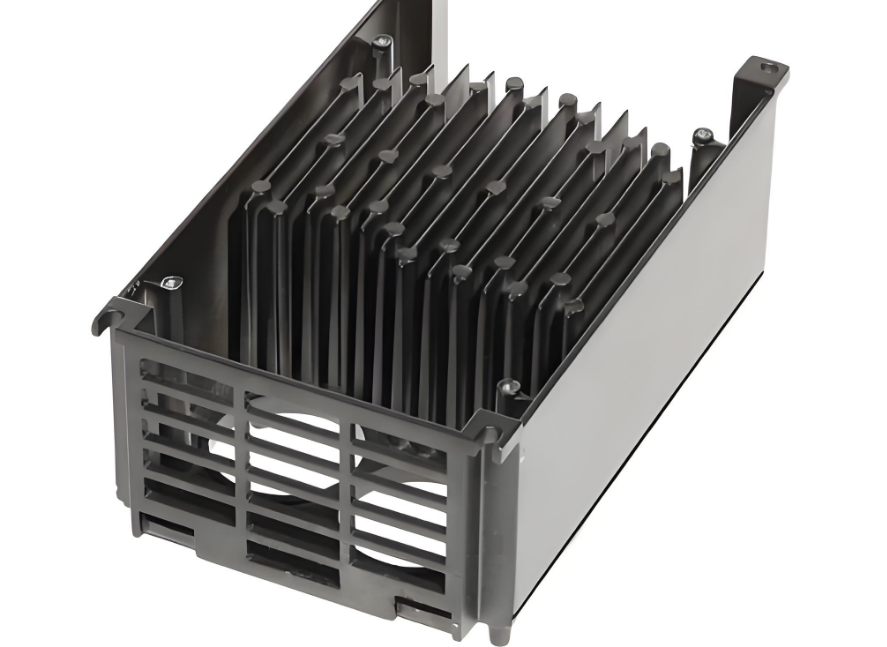 +86-13077884120
+86-13077884120 +86-13266789839
+86-13266789839
 MFG@trendy-sz.com.cn
MFG@trendy-sz.com.cn 86+13077884120
86+13077884120 gxm1235201
gxm1235201 1796474535
1796474535
Die Casting Molds
The Benefits of Die Casting Mould Material for Industrial ApplicationsDie Casting Molding Service Die casting molds are typically made from high-quality steel alloys that offer good hardness, toughness,…
The Benefits of Die Casting Mould Material for Industrial ApplicationsDie Casting Molding Service
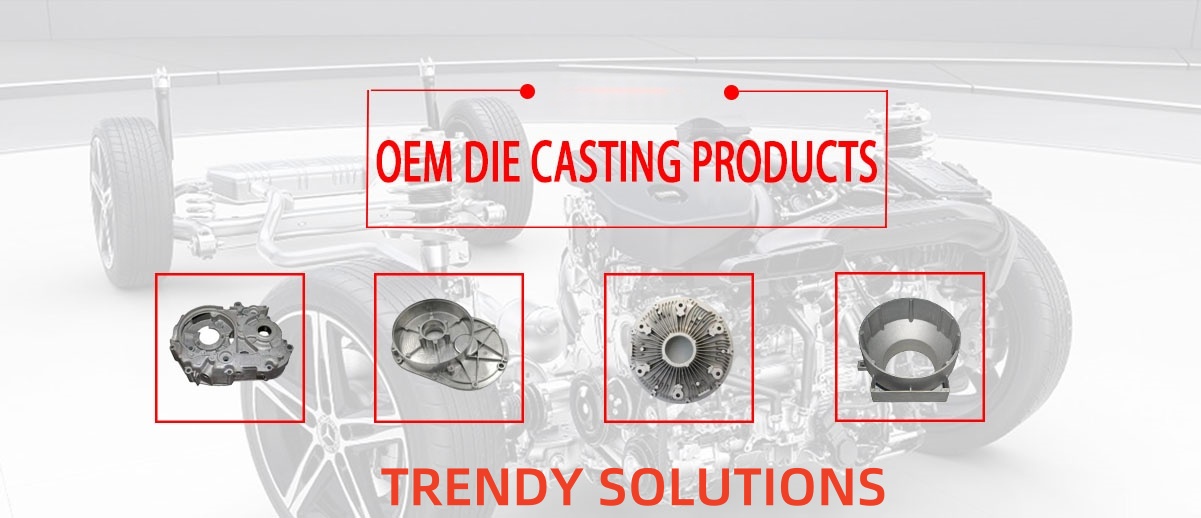
Die casting molds are typically made from high-quality steel alloys that offer good hardness, toughness, and wear resistance. The most commonly used materials for die casting molds include:
| H13 Tool Steel: This is the most commonly used material for die casting molds due to its excellent combination of hardness, toughness, and thermal fatigue resistance.
NAK80 Tool Steel: NAK80 is a pre-hardened steel that offers excellent dimensional stability and wear resistance, making it ideal for producing high-precision parts. 8407 Tool Steel: This material is highly resistant to heat, wear, and corrosion, and is often used in high-pressure die casting applications. Aluminum: Some low-volume or prototype die casting molds may be made from aluminum to reduce costs and lead times. However, aluminum molds have a shorter lifespan than steel molds. Die casting mould material is an essential component of the industrial production process, providing strength, durability, and longevity to finished products. In this article, we’ll explore the different types of die casting mould material, their benefits, and how to select the right one for your industrial application. |
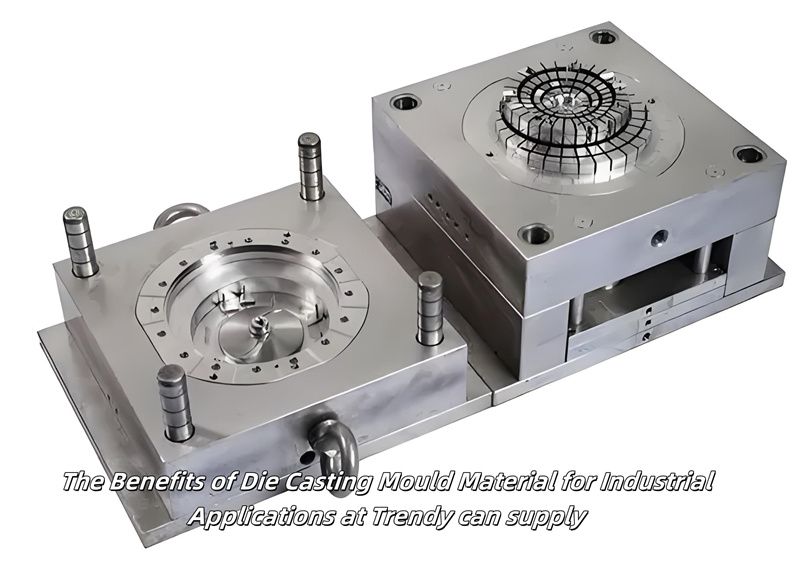 |
Where Is Die Casting Most Effective?
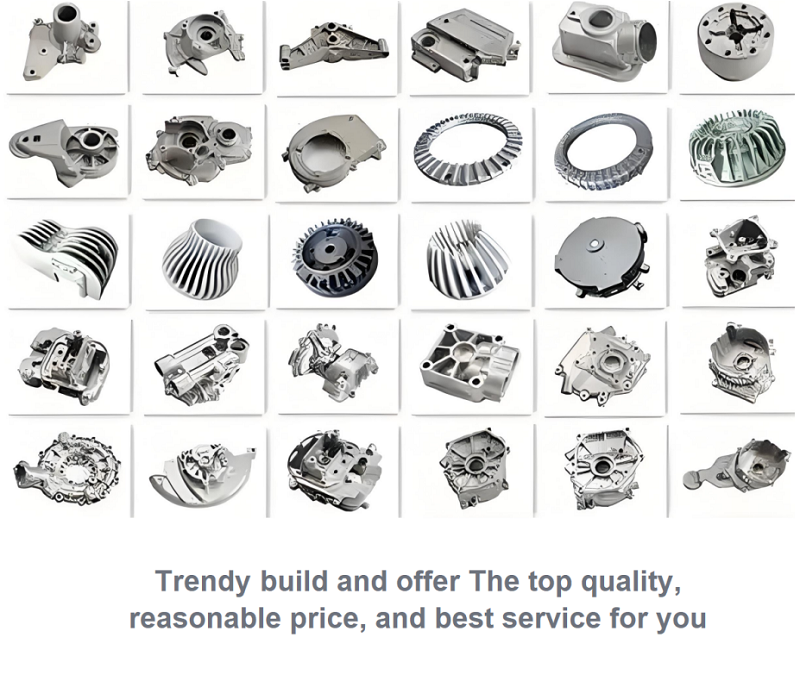 |
It is used in vehicle components.
Appliances for the home and consumer electronics. Electronic device housings. Commercial item. Communication tools and Tools for farming. Mechanical industry. The Positive Effects of Using Die Casting: |
Advantage Die casting
Die casting is a manufacturing method that uses metal moulds (also known as dies) to accurately and consistently construct complicated metal parts forms. The casting has certain benefits, such as:
♦ High dimensional precision and consistency:
It creates components with high accuracy and consistency, making it the perfect choice for applications requiring exact requirements.
♦ High production rates:
The casting is a highly automated technique that can swiftly and effectively create huge quantities of components.
♦ Versatility:
From basic to complicated geometries, die casting may be utilized to make parts in various sizes and forms.
♦ Strength and durability:
Die-cast components are renowned for their strength and durability, making them perfect for uses that call for strong mechanical qualities.
♦ Reduced waste:
It produces less waste than other manufacturing techniques because scrap metal is readily recyclable and reusable.
♦ Strength and durability:
Die-cast components are renowned for their strength and durability, making them perfect for uses that call for strong mechanical qualities.
♦ Reduced waste:
It produces less waste than other manufacturing techniques because scrap metal is readily recyclable and reusable.
The Die Casting Procedure
| Die casting is a technique that requires applying intense pressure to the injection of molten metal into a mould cavity. The mould cavity is often constructed of steel or aluminium and is intended to make the product in the specified form and size. Molten metal is poured into the mould, which is subsequently cooled, causing the metal to assume the mould shape.
The preparation of the mould is the first step in the die-casting process. A wax or plastic material is first poured into the mould to mould the product into the required shape. Once injected, the wax or plastic substance is heated in the mould, causing it to melt and take the desired shape. Then, molten metal is pumped into the mould to replace the wax or plastic substance. After being poured into the mould, the molten metal is cooled and given time to set. The final item is removed from the mould once it has been opened. It is a very precise process that can create components with fine features and high precision. The final item is removed from the mould once it has been opened. |
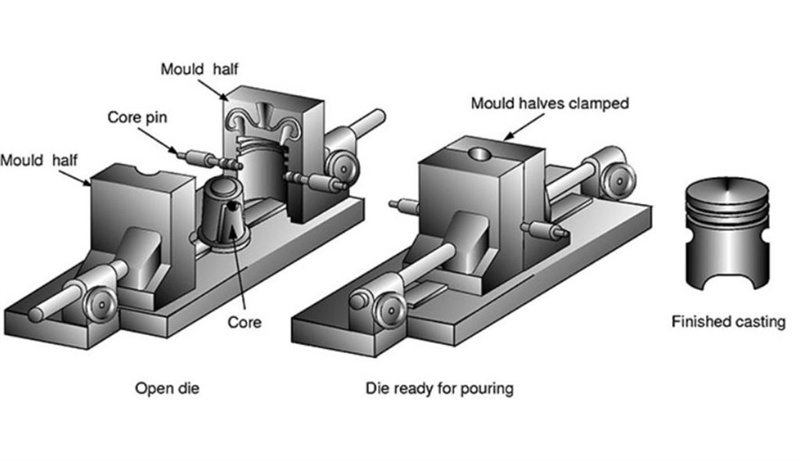 |
The Things to Think About When Choosing Die Casting
By pressing molten metal into a mould hole, die casting is a manufacturing method that produces metal pieces.
There are several things to take into consideration while choosing to cast. The following are a few of the most crucial elements:
♦ Material selection:
In casting, the choice of materials is crucial. Aluminum, and zinc casting materials. The application’s individual needs, such as strength, weight, and corrosion resistance, should be considered while selecting the material.
♦ Part design:
The part’s design is another important consideration. Considering elements like wall thickness, draught angles, and the position of gate and ejector pins, the component design should be optimized for die casting.
♦ Tooling:
The design and quality of the die-casting tooling greatly influence the ultimate quality of the pieces produced. The tooling should be created to reduce flaws and guarantee reliable output.
♦ Production volume:
Another crucial aspect to consider when choosing die casting is the anticipated production volume. To achieve the most economical manufacturing of the specified volume of components, consideration should be given to the die-casting method, material, and tooling choices.
♦ The Price of Aluminum Die Casting Moulds:
Depending on the mould type you want and the complexity of the component you are making, the price of aluminium die-casting moulds might change. The component size and the kind of production procedure you’re utilizing affect how much the moulds cost. The price of the moulds might also change based on the kind of metal you use and the temperature range you need to work with. The kind of manufacturing technique you are utilizing and your budget should also be considered. After considering every one of these variables, you ought to be able to choose the ideal aluminium die-casting mould for your needs and calculate the mould price.
Why choose us with Conclusion:
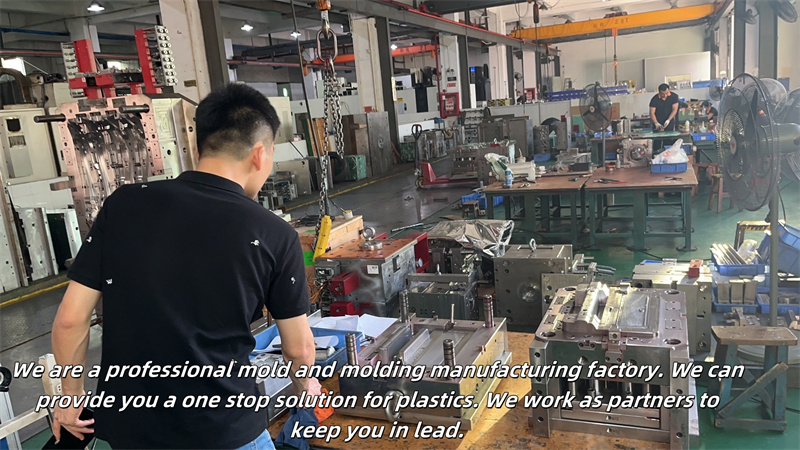 |
Die casting is a technique frequently used in industry to create intricate, high-quality metal pieces with precise dimensions. High pressure feeds molten metal into a steel die, causing it to solidify and take the required shape. For more than ten years, our firm has specialized in die castings. TRENDY can develop and manufacture moulds, carry out die casting, carry out CNC processing, polish, electroplate, carry out oil injection, and cover zinc alloy, aluminium alloy, and magnesium alloy. In addition to sophisticated detecting equipment, our plant is equipped with cutting-edge die castings and mould-making machinery. |
Case in show
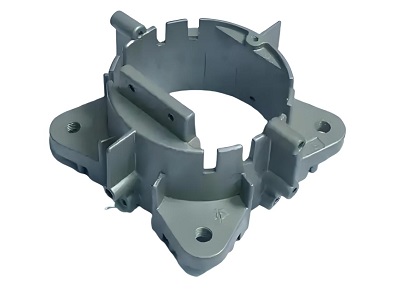 |
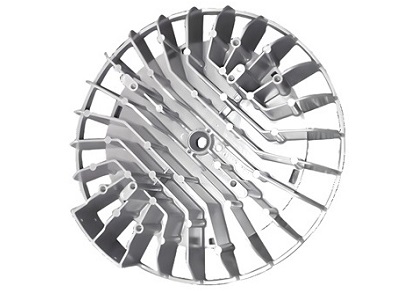 |
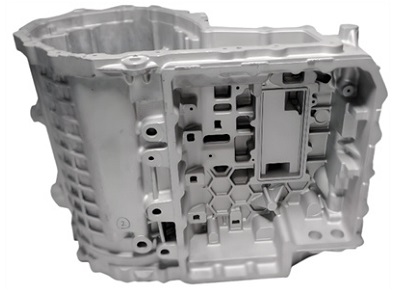 |
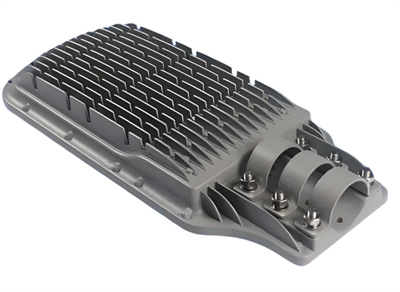 |
Hot Tags: die casting molds, China, manufacturers, factory, customized, wholesale, buy

